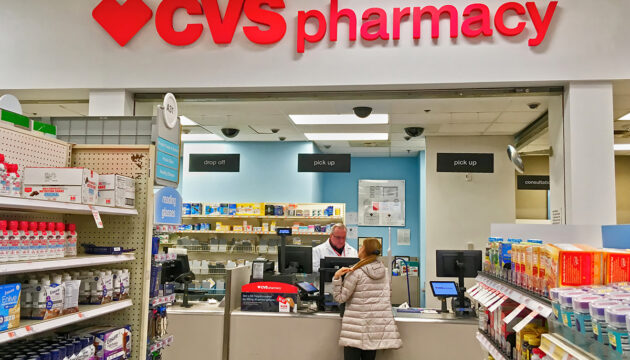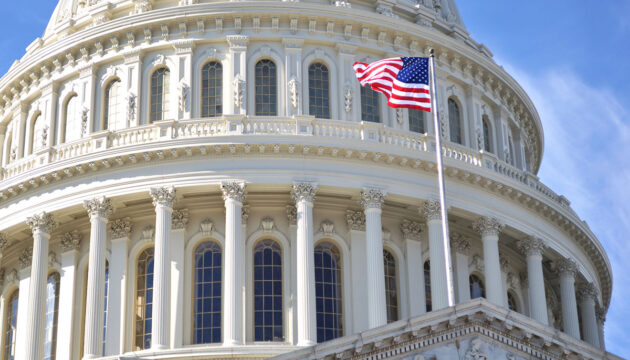Drug Pricing
Our work in Drug Pricing
-
A Spoonful of Sugar Makes the Medicine Go Down
CVS said its 9,500 pharmacies soon will be reimbursed by health insurers and other payers for the cost of the drugs plus a limited markup. That sounds like a simplification of drug pricing. But for vertically integrated CVS Health, revenue will shift from its pharmacy benefits division (CVS Caremark) to another (CVS Pharmacy). The move may also be an attempt to defuse growing political pressure to regulate the PBM industry.
Categorized in -
Response to Sen. Cassidy’s Request for Information on Improving Americans’ Access to Gene Therapies
Schaeffer experts submitted a comment letter responding to a request for information from stakeholders about improving access to cell and gene therapies for ultra-rare diseases.
Categorized in -
The Inflation Reduction Act’s Harms Go Beyond Drug Pricing — They’re Threatening Your Medicare
The IRA threatens to deliver disaster across the entire innovation, financing and distribution system for prescription drugs.
Categorized in -
Why Does the Inflation Reduction Act Exclude Expensive Cancer Treatments in Price Negotiations?
The IRA negotiation provisions will have limited impact on cancer drug prices and will likely leave most patients with cancer exposed to high drug costs.
Categorized in -
How the Secrecy of Middlemen Inflates Drug Prices
Drug costs can be driven down if market forces are allowed to target those profits, but first everyone needs to know what is being charged, and by whom to whom.
Categorized in -
Congress Wants a Better Value. So Why Are They Eliminating Performance Based Payment?
Doctors, pharmacists, and even drug company sales reps are all paid based on performance because it incentivizes desired outcomes.
Categorized in -
White House Names First 10 Drugs for Medicare Negotiations; USC Policy Experts Available to Discuss Market Impact
Medicare released the list of the first 10 drugs subject to price negotiations under the Inflation Reduction Act (IRA), aiming to reduce drug costs for Medicare enrollees and taxpayers.
Categorized in -
Comments to CMS on Proposed Guidance for Coverage with Evidence Development
Eleven Schaeffer fellows cosigned a comment letter to Centers for Medicaid and Medicare Services providing recommendations on the proposed Coverage with Evidence Development Guidance.
Categorized in -
Seminar Series – Inma Hernandez
Inmaculada (Inma) Hernandez is a Professor with tenure at the University of California, San Diego (UCSD) Skaggs School of Pharmacy and Pharmaceutical Sciences. She has authored more than 100 scientific articles, including first-authored papers in JAMA, among other leading journals.
-
Disadvantaging Rivals: Vertical Integration in the Pharmaceutical Market
Premiums of Part D beneficiaries enrolled in a plan that is vertically integrated with a PBM increased from 30% to 80% between 2010 and 2018.
Categorized in









